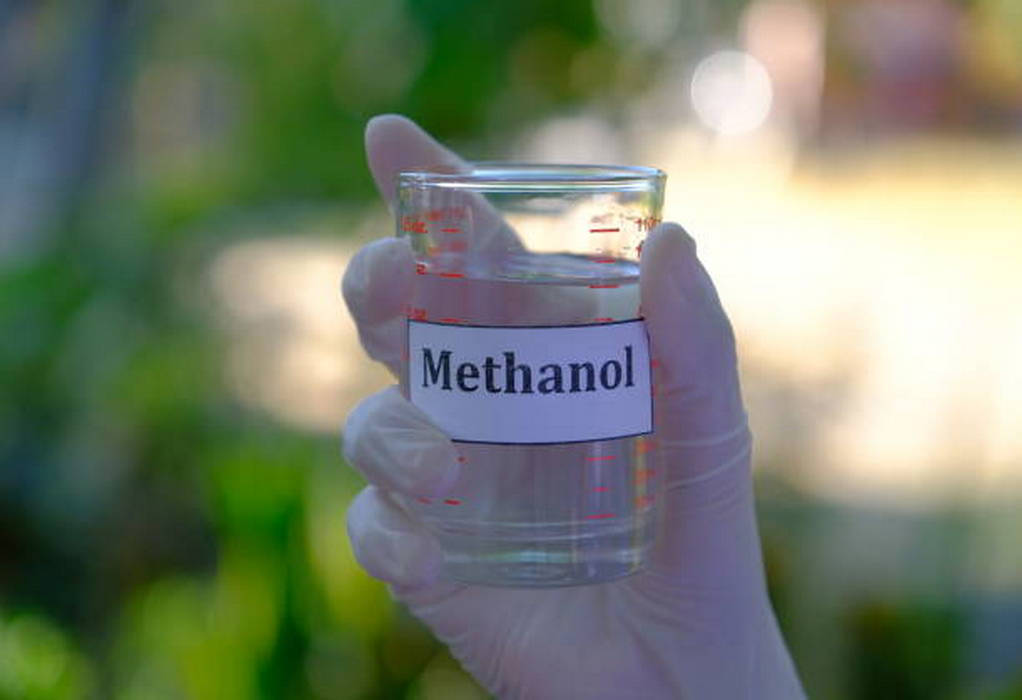Geely, one of the largest automobile manufacturers in China, launched the world’s first 100,000-ton low-carbon green methanol plant.
Geely and Henan Shuncheng Group launched the world’s first 100,000-ton low-carbon green methanol plant in Anyang City, Henan. This plant is a breakthrough in the field of renewable energy and is a significant contribution to China’s ambitious carbon neutrality goals. Methanol is a low-carbon, oxygenated, renewable fuel with high combustion efficiency, and is considered an alternative to traditional gasoline and diesel fuels. It is liquid at room temperature.
That makes storage, transportation, and usage safer and more convenient than other forms of clean energy. Green methanol, or renewable methanol, is methanol manufactured using low carbon emissions from sustainable or renewable resources at scale. China is the world’s largest producer and consumer of methanol, and Geely believes that if one-third of the country’s vehicles use green methanol fuel. It could reduce 80 million tons of oil imports and recover 132 million tons of carbon dioxide. This is an enormous step towards China’s carbon neutrality goal.
The Anyang City plant utilizes hydrogen and carbon dioxide to synthesize 110,000 tons of methanol annually. This is equivalent to the environmental impact of planting 160,000 mu (106 square kilometers) of forest area. The plant uses an emissions-to-liquids (ETL) technology from Carbon Recycling International (CRI) in Iceland. The ETL process converts carbon dioxide into methanol, which reduces greenhouse gas emissions and carbon footprint.
In addition, the plant implements a carbon dioxide capture and purification process, which can recover carbon dioxide from the industrial gas exhaust. The Geely-Backed Low-Carbon Methanol Plant is a milestone in renewable energy development. It not only reduces carbon emissions and mitigates climate change but also provides a new direction for the automotive industry.
Tags: Geely, Henan Shuncheng Group, Methanol



Recent Posts
Stena Line’s Hybrid Ferry Stena Futura Completes Sea Trials, Set to Boost Irish Sea Freight Capacity
Taiwanese owner makes methanol move with WinGD across multiple engine orders
Econowind installs four VentoFoils on tanker M/T JUTLANDIA SWAN
Global Maritime Groups Unite to Launch Alliance for Electrification of Shipping Sector
India Charts Green Future for Maritime Sector with Hydrogen Hubs and Sustainable Port Strategy
ZeroNorth’s SMARTShip platform integrates with ClassNK MRV portal to automate emissions reporting
Towngas Partners with TLB, Pacific Basin to Advance Green Marine Fuel Infrastructure in Hong Kong
SECI Extends Bid Deadline for Green Ammonia Tender Under SIGHT Scheme